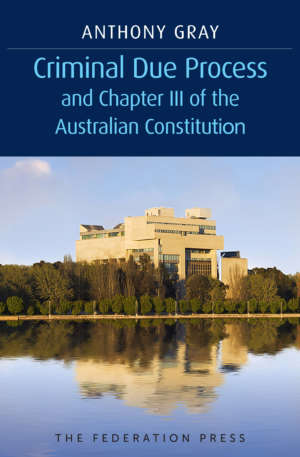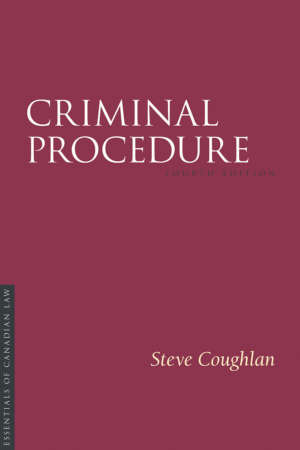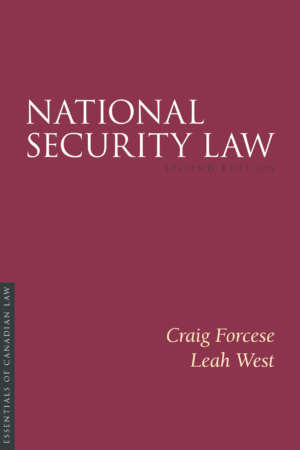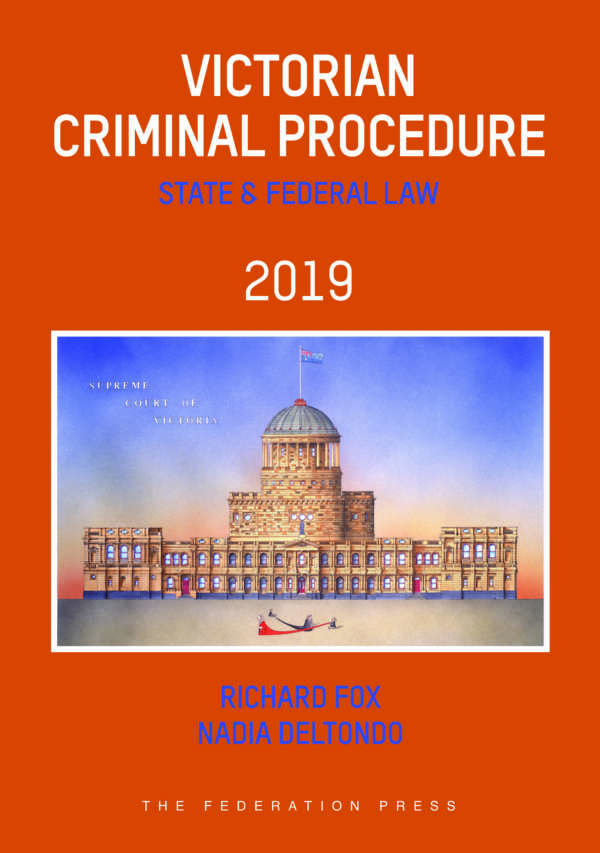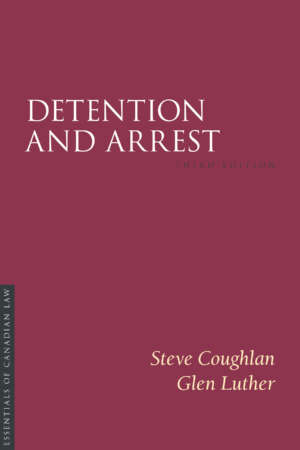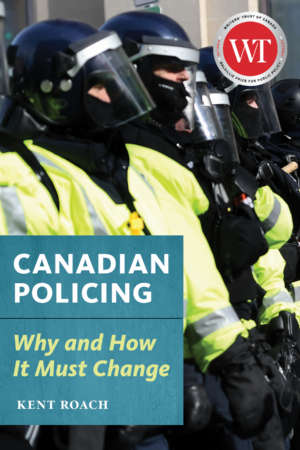Product Description
Police interrogation attracts debate and controversy around the world. Audio-visual recording is widely regarded as a panacea for problems in police questioning of suspects.
Interrogating Images presents the first empirical study of the routine use of audio-visual recording anywhere in the world, focusing on New South Wales, Australia where such recording has been required for more than a decade. Its introduction is set in a historical account of disputes and concerns about police questioning of suspects. There is a detailed study of the participants in the interrogation process.
Various styles of police interviewing are identified, showing that many assumptions about the nature and purpose of interrogation are inaccurate. A chapter assesses the impact in NSW of ‘investigative interviewing’, a questioning style very different from that used in the USA. The penultimate chapter examines the experiences and perceptions of criminal justice professionals – judges, defence lawyers, prosecutors, and police.
Interrogating Images concludes by pointing to some dangers of misusing audio-visual recording. If the complete questioning process is not recorded, confessions may be rehearsed and unreliable. A second danger is the misreading of images, particularly by those who overestimate their ability to identify deception from a suspect’s ‘body language’. Audio-visual recording can be a useful tool, but it must be one part of a broader process of effectively regulating investigative practices.
Interrogating Images is informative and thought provoking reading for lawyers, police investigators, academic researchers, policy-makers, legislators, students and those with an interest in police interrogation and its implications for criminal justice processes.



